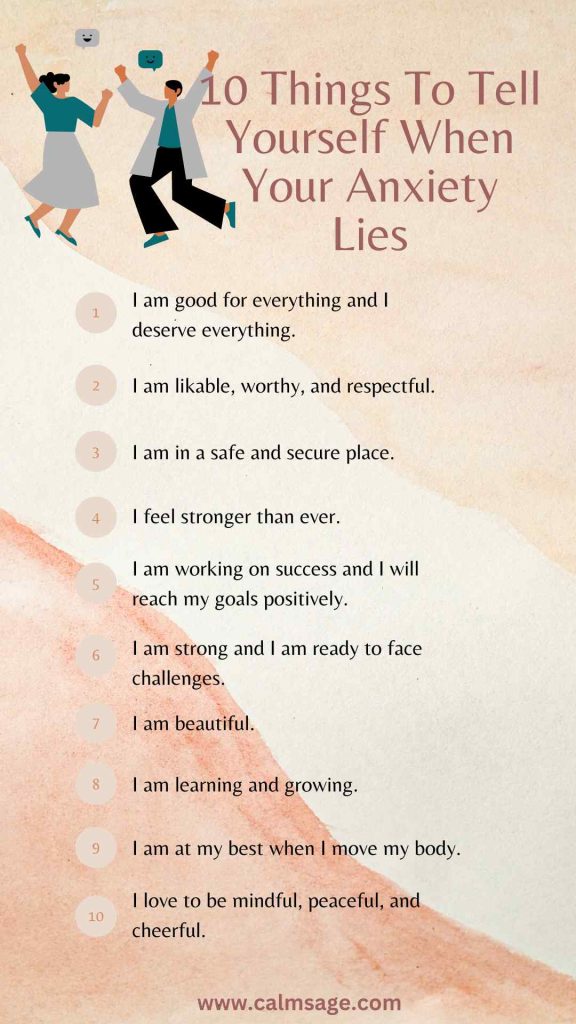The Impact of Eudaimonic Happiness on Our Well-Being And In Our Lives

In the pursuit of happiness, we come across many thoughts and experiences. Some of the experiences bring us momentary joy and happiness while others last long and make us feel like we did something for ourselves, for once, and feel proud of it. Some of you may know that what I’m talking about are two types of happiness – hedonic (the happiness we get from momentary pleasures) and the other eudaimonic (the happiness that feels long-lasting).
The kind of happiness that goes beyond the fleeting moments and pleasures to focus on living a fulfilling and purposeful life is eudaimonic happiness.
But, is eudaimonic happiness truly ever-lasting? Can this type of happiness be truly good for our well-being in the long run? Isn’t hedonic happiness better than eudaimonic happiness?
How Eudaimonic Happiness Impacts Mental Health

Eudaimonic happiness comes from Greek philosophy or more specifically, Aristotelian philosophy, where the term eudaimonia translates to “happiness”. This term of happiness emphasizes the idea of flourishing and living while having your potential, values, and virtues in alignment.
Unlike hedonic happiness which centers around chasing pleasure and momentary happiness, eudaimonic happiness goes beyond temporary joy and experiences to focus on long-term growth, pride, and fulfillment.
Where hedonic happiness places the primary focus on instant gratification to increase positive experiences while diminishing or avoiding negative ones, eudaimonic happiness focuses more on self-acceptance and personal fulfillment as well as growth as a person. This long-lasting happiness involves finding meaning in your life and making a positive impact on others as well as gaining a sense of fulfillment that goes beyond simple life pleasures.
Eudaimonic Happiness and Well-Being
According to various psychological studies, there is a strong link between eudaimonic happiness and your well-being. When you choose to engage in activities that are not only meaningful to you but also align with your values and core, you gain higher levels of life satisfaction, resilience, and cognitive functioning.
Eudaimonic happiness has also been linked to high self-esteem, a sense of purpose in life, healthy and positive relationships, personal growth, and fulfillment. All of which contribute greatly to your overall well-being and health.
In studies related to healthy benefits, eudaimonic happiness has been shown to contribute to a purpose-driven life. This philosophical approach to happiness is recorded to reduce health problems, increase longevity, and even reduce various health risks.
In terms of psychology and motivation, it is believed that eudaimonic happiness can bring long-term satisfaction and fulfillment compared to the short-term benefits of hedonic happiness.
How Eudaimonic Happiness Impacts Mental Health

Eudaimonic happiness can also leave a great impact on our mental health and wellness. When you live a purposeful life and live with a sense of meaning, you’re likely to feel a sense of contentment and satisfaction. Eudaimonic happiness has also been shown to help reduce symptoms of depression, anxiety, and other mental health disorders.
Eudaimonic happiness can also help buffer the effects of stress and adversity that you may experience in your day-to-day life. This happiness can also benefit your mental health by promoting positive relationships. When you create meaningful connections with others, you’re more likely to feel supported and connected, reducing the effects of isolation and loneliness.
In other studies, it has been reported that eudaimonic happiness can contribute to better cognitive functioning. People who embrace eudaimonic happiness are more likely to have better memory, attention span, and problem-solving abilities. It is believed that this is possible because eudaimonia brings a sense of well-being and contentment with it.
The Six “Pillars” of Eudaimonic Happiness
Experts of the eudaimonia school of Happiness believe that six pillars provide a sturdy foundation that eudaimonic happiness rests upon;
1. Meaning And Purpose:
Finding a sense of purpose in life is important to embrace eudaimonic happiness. This means pursuing activities that align with your core values and virtue.
2. Personal Growth:
Always working on self-improvement and chasing opportunities that allow you to grow is another element of eudaimonic happiness.
3. Being Authentic:
Another element that is crucial in eudaimonic happiness is being true to yourself and living your authentic life. This means embracing your values, strengths, and passions as they are every day.
4. Being Present in The Moment:
This means engaging and immersing yourself in experiences that promote a state of flow and where you’re present in the moment. This kind of presence and engagement can bring a sense of long-lasting joy and fulfillment.
5. Positive Relationships:
Another pillar of eudaimonic happiness is positive relationships. This involves creating positive and meaningful relationships with people who support and encourage your desires, needs, and your unique perspective on life.
6. Self-Acceptance:
Another important element of eudaimonic happiness is self-accepting, meaning that you accept who you are – strengths, weaknesses, flaws, and values – as they are and choose to continue to improve yourself.
How to Embrace Eudaimonic Happiness?

Eudaimonic happiness might seem like an abstract concept, but fret not! There are some easy and practical ways to embrace this long-lasting happiness;
1. Know Your Values
To begin embracing eudaimonic happiness, you need to first take time to identify your values and align them with the actions you take. You can start by engaging in activities that give you a sense of purpose and meaning in your life.
2. Seek Growth
This you can do by setting goals that challenge you. Don’t turn away from new opportunities that allow you to learn and grow. It could be achieved simply through learning something new, engaging in new hobbies, or pursuing more creative experiences.
3. Try Mindfulness
Eudaimonic happiness can be easily achieved when you learn to live in the present moment and this can be achieved when you practice mindfulness meditation or other mindfulness exercises. Mindfulness exercises can help you develop an awareness of your present and foster a state of flow.
4. Build Connections
Try to build and nurture positive relationships with yourself and others around you. Having positive and meaningful relationships can help you gain a sense of belonging that can contribute to your eudaimonic happiness as well.
5. Engage in Acts of Kindness
Consider giving back to the community. You can do it by engaging in acts of kindness or volunteering for a cause you care about. Volunteering and giving back to the community can bring a sense of fulfillment and purpose to your life, effectively contributing to eudaimonic happiness.
6. Be True to Yourself
Don’t forget, authenticity is one of the most important pillars of eudaimonic happiness and to fully embrace long-lasting happiness, you need to remain true to who you are. Express your thoughts and feelings honestly. This simple act of being yourself will allow you to create a more meaningful and fulfilling life.
Wrapping Up
Eudaimonic happiness is the pleasure and joy that goes beyond momentary happiness. This happiness taps into the deeper areas of your existence. When you align your core values, pursue what matters to you, embrace your true self, and find meaningful connections, then you can feel a sense of fulfillment, contentment, and happiness – the kind that is authentic and ever-lasting.








